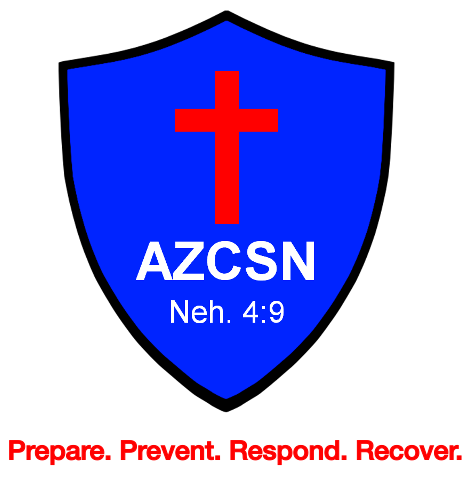What would you do if faced with disaster? In her book The Unthinkable, Amanda Ripley examines the various human responses to disaster. She explores peoples’ natural responses compared to those that have been trained or had previous experiences with disasters. She explores both natural and man-made incidents allowing the reader to draw solid conclusions on potential response patterns and similarities. The book is filled with practical steps the reader can take to enhance their planning, mindset, and awareness prior to a disaster.
The book is divided into three parts each describing an element of the typical human response to disaster. The elements of denial, deliberation, and the decisive moment are each explored in depth and ways to move quickly toward the decisive moment are considered and suggested. If these three elements of disaster sound familiar, it maybe you recognize them from the ALERRT CRASE[1] course material.
The denial phase is linked to our experiences and training (or lack thereof). Ripley does a fantastic job explaining the causes of denial, which result in a delayed response by those facing a disaster situation. This delay can result in the loss of life or serious bodily injury if the person does not transition to deliberation and ultimately the decisive moment. Ripley explains normalcy bias which can result from our brain trying to convince us everything is okay, especially because it has been most of the time in our lives, thus leading to a greater delay and difficulty recognizing the danger.
The Unthinkable is a well written, researched, and an enjoyable read as Ripley blends the real-world events with the strategies, we must embrace to increase our chances of survival in a disaster. We should take two significant points away after reading this work. First, we need to take responsibility for our own survival including awareness, skills, mental and physical preparation and training. Second, we need to recognize the importance of becoming an immediate responder, there is just not enough time to wait for the arrival of first responders, to save us and our loved ones.
[1] Advanced Law Enforcement Rapid Response Training- Civilian Response to Active Shooter Events
